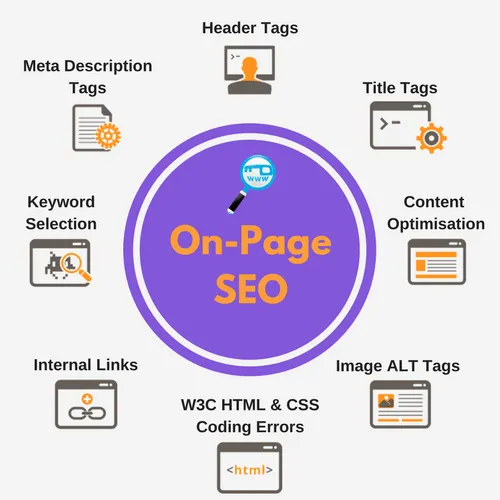A Deep Dive into CMS Integration Strategies
In today’s fast-paced digital landscape, businesses are constantly seeking ways to streamline their operations, improve user experiences, and stay ahead of the competition. One essential tool that plays a pivotal role in achieving these goals is content management system (CMS) integration. In this comprehensive guide, we will delve into the world of CMS integration, exploring its significance, benefits, and strategies for seamless implementation.
A Comprehensive Overview
Content management systems serve as the backbone for organizing, creating, and managing digital content. CMS integration takes this a step further by seamlessly incorporating these systems into various aspects of your business, providing a centralized hub for content creation, distribution, and social media management.
The Power of CMS Integration
Enhanced Efficiency and Productivity
CMS eliminates the need to switch between multiple platforms, enabling your team to work more efficiently. With unified access to content creation, editing, and service publishing tools, collaboration becomes seamless, leading to a significant boost in overall productivity.
Improved User Experience
A well-integrated CMS ensures a consistent and user-friendly experience across your digital channels. From web development services to mobile apps, users can enjoy a cohesive and intuitive interface, enhancing service engagement and satisfaction.
Streamlined Content Distribution
Effortlessly distribute content across various platforms with CMS. Whether it’s updating your website, sharing blog posts, or managing social media content, integration simplifies the process, ensuring your message reaches the right audience at the right time.
Key Benefits of CMS Integration
Time and Cost Savings
By consolidating content management processes, CMS integration reduces the time spent on repetitive tasks. This not only leads to significant time savings but also cuts down on operational costs, allowing your business to allocate resources more efficiently.
Data Centralization and Analytics
Integration facilitates centralized data storage, making it easier to track and analyze user behavior, preferences, services, and content performance. Access to valuable insights empowers your business to make informed decisions and refine your content strategy for optimal results.
Scalability and Flexibility
As your business grows, so do your content needs. CMS integration ensures scalability, allowing you to expand your digital presence without the headache of complex migrations or system overhauls. The flexibility offered by integration enables quick adjustments to meet evolving requirements.
Strategies for Successful CMS Integration Success
Choose the Right CMS
Selecting a CMS that aligns with your business goals is the first step towards successful integration. Consider factors such as scalability, customization options, services, and ease of use to ensure the chosen CMS meets your current and future needs.
Define Integration Goals
Clearly define your integration goals to create a roadmap for implementation. Whether it’s improving collaboration, enhancing the user experience, or optimizing content services and distribution, having well-defined objectives will guide the integration process.
API Integration
Application Programming Interface (API) integration is a key component of CMS. Ensure that your chosen CMS supports robust APIs, enabling seamless communication between different systems and platforms.
User Training and Support
Smooth integration requires the support and understanding of your team. Invest in comprehensive training programs to ensure that your staff is proficient in utilizing the integrated CMS. Providing ongoing support is crucial to addressing any issues that may arise during the transition.
Real-world Examples of CMS Integration Success
WordPress and Woo Commerce Integration
WordPress, a widely used CMS, seamlessly integrates with Woo Commerce for e-commerce functionality. This powerful combination allows businesses to manage their online presence and product catalog on one unified platform.
HubSpot CMS Hub
HubSpot’s CMS Hub integrates seamlessly with its marketing and sales tools, providing a centralized solution for content creation, lead generation, and customer relationship management.
Read more about: Deep Dive into Embedded Development Solutions
Drupal and Salesforce Integration
Drupal, known for its robust content management capabilities, integrates seamlessly with Salesforce, empowering businesses with a unified solution for content management and customer relationship management.
Conclusion
In conclusion, CMS integration is a game-changing strategy for businesses looking to streamline their operations, enhance user experiences, and stay competitive in the digital landscape. By understanding the significance, benefits, and implementation strategies, your business can unlock the full potential of CMS, propelling it towards seamless success in the online world.






